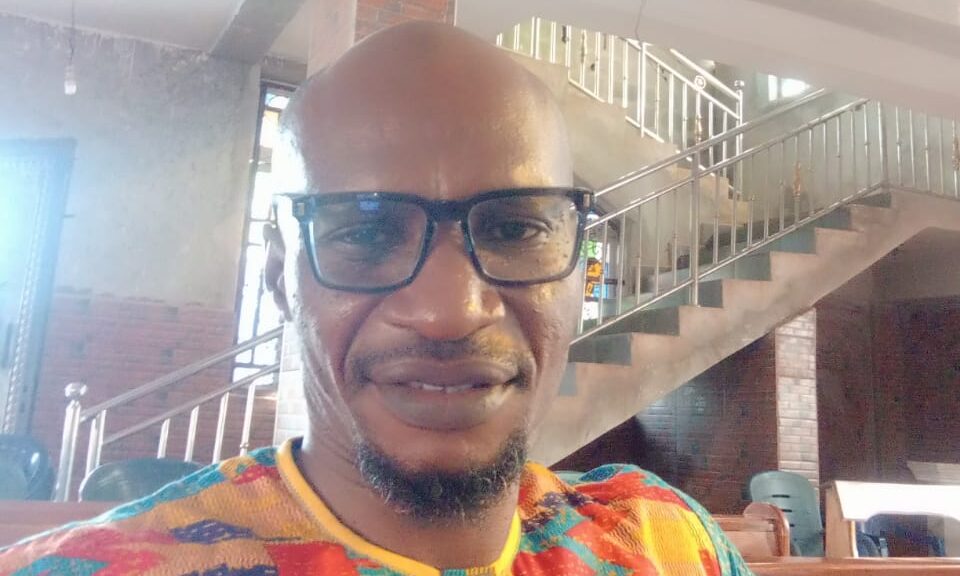History doesn’t always arrive with a marching band. Sometimes, it sneaks in quietly, disguised as policy, waiting for who will grab it before it slips away. That is exactly what just happened in Osogbo.
For more than a century—since 1917—Zaria was the only cradle where Nigerian soldiers were forged. Every recruit, every uniform, every oath of service began from that ancient city. But at last, the monopoly has been broken. Osogbo, Osun State, now hosts Nigeria’s second Army depot. And whether we admit it or not, the game has changed.
A military depot is not just about salutes and parade grounds. It is jobs for local youths, construction contracts, federal money pouring into the state, roads carved out of red earth, schools, hospitals, markets—development with boots on. Osun leaders saw the opening, lobbied in silence, pressed the right buttons in Abuja—and they got it.
Now the question is hanging in the air: where are the Southeast leaders?
Where is Governor Chukwuma Soludo of Anambra, with his talk of “turning Anambra into the Taiwan of Africa”?
Where is Governor Peter Mbah of Enugu, who dreams of an oil-and-gas powered future?
Where are Hope Uzodimma of Imo, Alex Otti of Abia, and Francis Nwifuru of Ebonyi?
Where is Ohanaeze Ndigbo, the so-called voice of the Igbo nation?
Where are the senators, the House members, the men who fly to Abuja every week in expensive agbadas?
If they sit back, shrug, and wait, the next depot will rise in Kano, Niger Delta, or somewhere else, and the South East will be left clapping from the sidelines again.
This is not a time for lamentation. It is a time for strategy. Offer land. Offer infrastructure. Negotiate boldly. Demand equity. Establish a federal presence in Igbo land, not through cries of marginalization, but through smart positioning.
A depot in the South East means jobs for thousands of our restless youth, a stronger security backbone in a troubled region, and a louder Igbo voice in Nigeria’s military hierarchy. It means roads, hospitals, and opportunities that will outlive today’s politics.
The door has opened after 111 years. If South East leaders fail to push now, it may close for another hundred.



